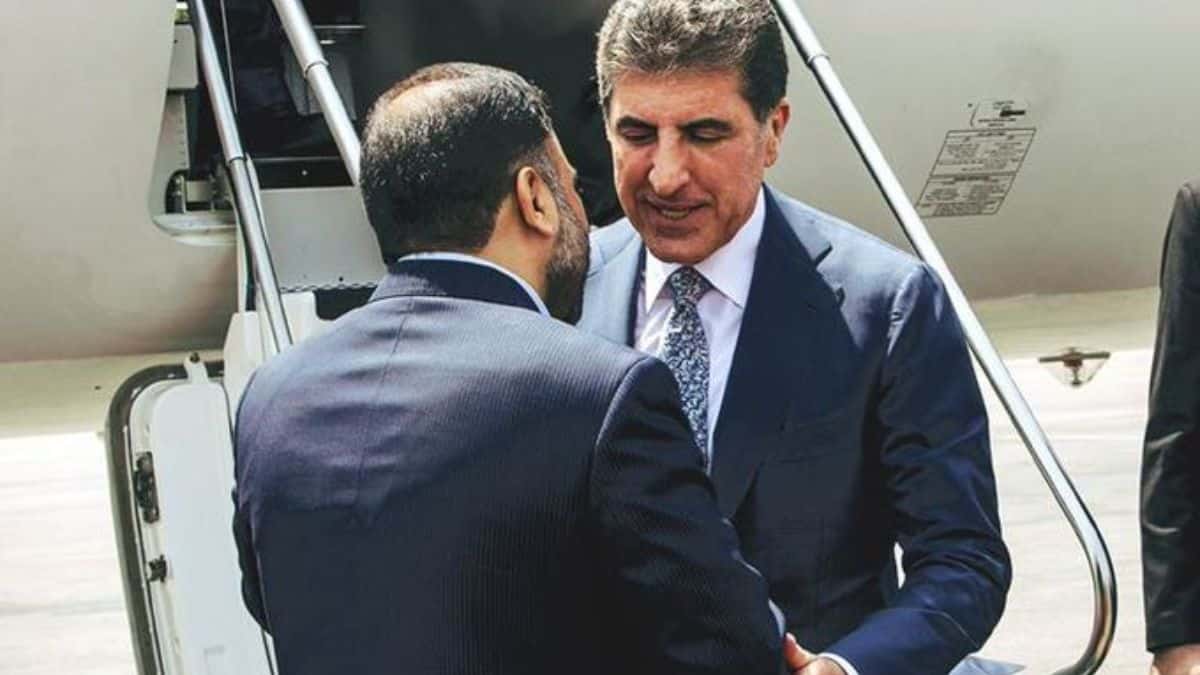Kurdistan Region President Nechirvan Barzani visited Tehran today to attend the inauguration ceremony of Masoud Pezeshkian, the newly elected Speaker of the Iranian Parliament. This visit reflects the ongoing efforts to strengthen relations between Iran and the Kurdistan Region amidst regional geopolitical shifts.
President Barzani’s presence at the inauguration underscores a renewed emphasis on diplomacy and cooperation between the Kurdistan Regional Government (KRG) and Iran. Masoud Pezeshkian, a prominent figure in Iranian politics, assumed office following recent parliamentary elections, marking a pivotal moment in Iran’s political landscape.
The visit comes at a crucial juncture as both Iran and the Kurdistan Region navigate complex regional dynamics, including security concerns and economic cooperation. President Barzani’s delegation aims to explore avenues for enhancing bilateral ties, particularly in the trade and energy sectors, which are vital to both economies.
During his visit, President Barzani is expected to engage in discussions with Iranian officials on various regional issues, including the ongoing conflict in neighbouring Iraq and broader Middle East stability. The Kurdistan Region has played a pivotal role in regional security efforts, particularly in countering terrorism and maintaining stability along its borders.
The inauguration ceremony itself signifies Iran’s commitment to democratic processes and the peaceful transfer of power within its political framework. President Barzani’s participation presents the Kurdistan Region’s support for democratic institutions in Iran and the broader region.
As President Barzani continues his diplomatic engagements in Tehran, observers will closely monitor the outcomes of these discussions and their potential impact on regional dynamics, including implications for Kurdish-Iranian relations and broader Middle Eastern geopolitics.

